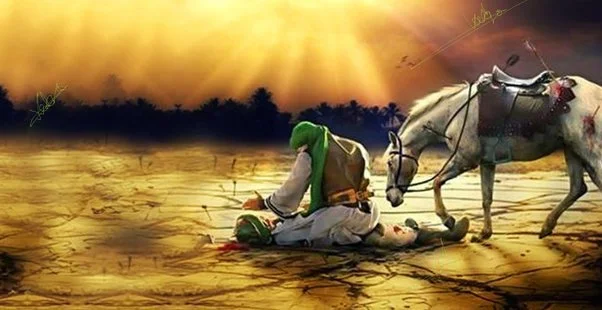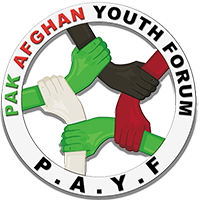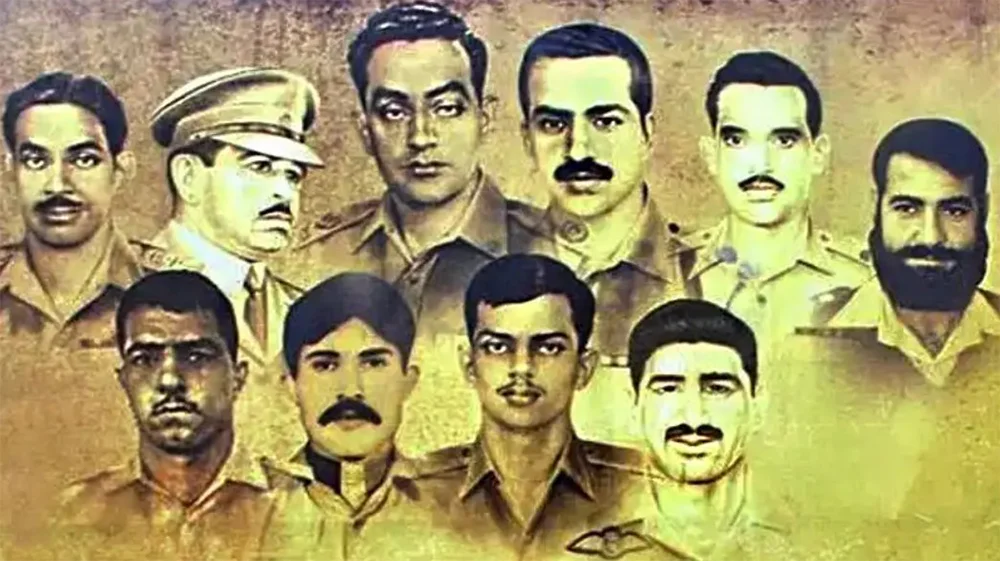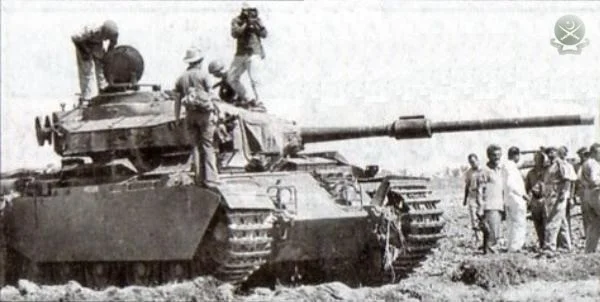Martyrs are the silent sentinels of a nation’s soul, their sacrifices etched in the annals of history and the hearts of the faithful. Yet, in an age where narratives are manipulated and values are questioned, what does it truly mean to honor their legacy? Are we preserving the unity they died for, or are we allowing cracks to form within the foundation they fought to protect?
Today, Pakistan faces a dual challenge: external forces seeking to destabilize the nation and internal political narratives deliberately designed to fragment its unity. The real danger lies in the political opportunists who manipulate the legacy of martyrs for their own data gain, trivializing their sacrifices for short-term power.
These opportunists exploit the sanctity of martyrdom, undermining the very values upon which the nation was built and sowing division for their personal or partisan interests. In doing so, they weaken the resolve needed to safeguard sovereignty and freedom.
![Opportunists exploit the sanctity of martyrdom [Getty Images]](https://pkafgyouthforum.com/wp-content/uploads/2024/12/DM-3-12-2020-e1587490044148.webp)
Also See: The Battle of al-Qadisiyyah: A Turning Point in History
Status of Martyrs in Islam
Islam teaches us that martyrs hold a unique and unparalleled status, second only to the Prophets and Siddeeqoon, as described in the Qur’an: “Then they will be in the company of those on whom Allaah has bestowed His Grace, of the Prophets, the Siddeeqoon, the martyrs, and the righteous.” (Al-Nisa 4:69). The act of martyrdom is revered as the ultimate sacrifice for the sake of faith, justice, and unity. To distort martyrs’ legacy is not only an affront to their sacrifices but also to the teachings of Islam that emphasize standing firm in faith and unity against oppression.

Threat of Political Opportunism to Martyrs’ Legacy
The danger, however, is that disunity doesn’t just emerge from external threats—it is often cultivated from within. Political opportunists use the memory of martyrs as a tool to advance their agendas, turning their sacrifices into mere symbols for personal or political gain. When the sacrifices of martyrs are reduced to empty rhetoric or dismissed for political leverage, we allow both internal and external adversaries to exploit these divisions, further eroding the nation’s collective strength.
This is a clear violation of the Islamic principle of ummah, which emphasizes solidarity and collective strength. The Qur’an reminds us: “And hold fast, all of you together, to the rope of Allah, and be not divided.” (Al-Imran 3:103). To divide the nation is to go against this divine command.

Upholding Martyrs’ Legacy
Instead of belittling or distorting the sacrifices of martyrs to serve political agendas, we must recognize their role in securing our present and future. Sovereign nations honor their fallen not just through hollow words but by embodying the principles they fought for. Pakistan must rise above the political games that seek to manipulate its history and its martyrs’ legacy.
Political opportunism is easy, but true honor demands responsibility—a responsibility to reject division, protect unity, and fortify the nation against those who wish to see it crumble. Islam teaches us that the strength of the nation lies in its unity, and as Muslims, we must remain steadfast in this principle, for the sacrifice of martyrs is a call to preserve the very unity they died for.
PAYF Insights are social media threads by various authors, reproduced here for wider consumption.



